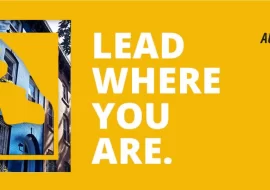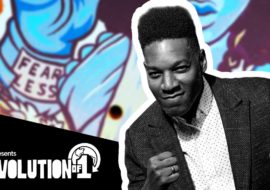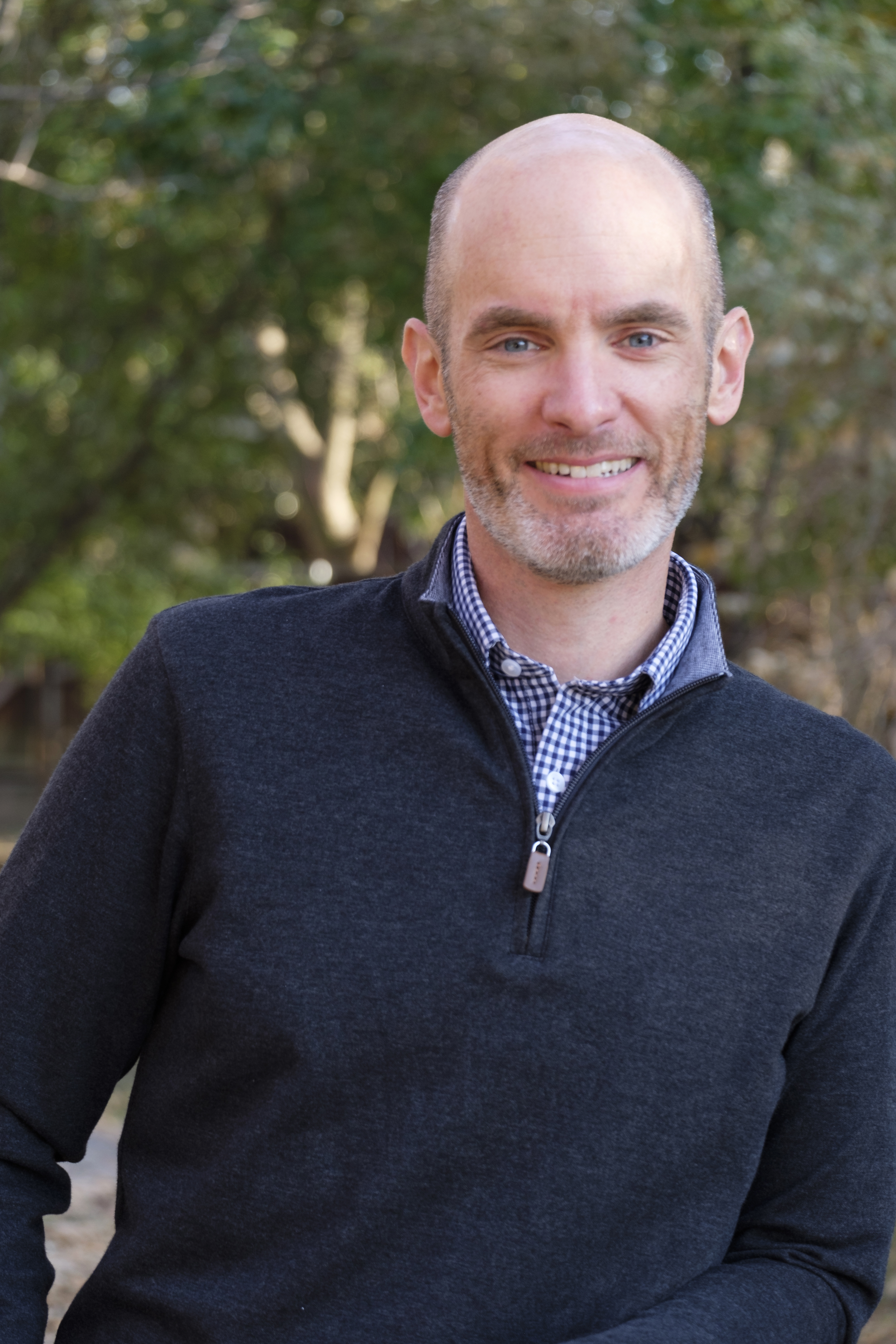
Global Leadership Summit – 2017 Day 2
Here’s my recap of Day 2 from the Global Leadership Summit in 2017.
There’s a saying you hear every year at the Global Leadership Summit. And it’s that attending the GLS is like drinking from a firehose. The sheer amount of information presented is incredible. What’s more, all of it is so valuable. It challenges the conventional thinking. It prompts me to reflect on my own life. I feel both motivated and mentally fatigued at the end of the conference. But here’s a brief recap of the speakers and some of the points shared from Day 2 at GLS:
Former Google employee, Laszlo Bock, pulled back the curtain and shared what he has learned from working at Google. He suggested that to find meaning in your work start by considering why you are doing what you do, why your coworkers do what they do, and being in close contact with the beneficiaries of the work that you do. Favorite quote from the session: “Treat your people right, and they will do amazing things for you.”
Juliet Fount gave an impassioned presentation on the need for “Whitespace” in our lives. Whitespace is defined as the strategic pause taken between activities that allow for recuperation and further development. The first key to attaining more Whitespace is to be able to identify the thieves of productivity. These thieves stem from positive assets run amok.
Positive Asse – Thief of productivity
Drive – Overdrive
Excellence – Perfection
Information – Information Overload
Activity – Frenzy
Which one of the thieves occurs most frequently in your life and eliminate your Whitespace?
Marcus Buckingham shared far more information than I could possibly summarize here. But his focus was on how to cultivate excellence in others. Here’s a great applicable point: Conduct frequent strengths-based check-ins about near-term goals. Specifically, ask on a weekly basis, “What are your priorities this week and how can I help?” I’m excited to dive deeper into Buckingham’s material and apply this strategy.
Continuing on the topic of cultivating change in others, Sam Adeyemi presented a talk on how people change. He said, “Real and sustainable change in a person begins with a change in their sense of identity.” Growth and change must come from the inside out. Here’s a challenge to all of us: “Whatever people see and hear consistently over time will enter their hearts and put your life on autopilot.” What are the messages you are most frequently digesting and how are they impacting your life?
Immaculee Ilibagiza gave a gripping account of how she survived the Rwandan genocide. And what’s more, how she went on to forgive those who murdered her entire family? It is a truly miraculous story and one worth hearing. You can read her book: “Left to Tell.”
How does one become a world-class expert in something? Talent and opportunity play a part. But as Angela Duckworth pointed out, the true indicator is one’s Grit. Grit is the sustained passion and perseverance for, especially long-term goals. She presented extensive research that supported this conclusion. She also spoke on the act of Deliberate Practice to cultivate excellence.
Set a stretch goal → Focus 100% → Get feedback → Reflect and refine → Repeat.
Finally, Gary Haugen ended the conference with a poignant and appropriately challenging talk to all of the Summit Participants. The charge given to everyone in attendance was clear: Do not be afraid. The consequence of fear is great following a conference like this. As Gary said, “Fear is what stands between what you’ve learned and what you will actually do.” We serve a God who is active at building his Kingdom in the world, and against it, the gates of Hell will not prevail. So follow the command to not be afraid. Gary laid out 3 things to root out fear in our lives. 1. Do a daily inventory of your life and the fears in it (unrecognized fears motivate us). 2. Switch from playing defense to offense (dreams are not built on what might go wrong but on what can be accomplished). 3. Have a community of courage around you (we all need the support, accountability, and encouragement).
I could not think of a more appropriate way to end the GLS. The GLS has served as one element of that community of courage I engage with every year. I come away with a year’s worth of resources to dive into and further develop my leadership skills. And I am challenged and inspired by these presenters and the work that is accomplished.
This is a very poor attempt at a recap of the GLS because to tell all that comes from the conference would take days. I encourage you to look into the GLS, attend, and see for yourself the impact it can have.




